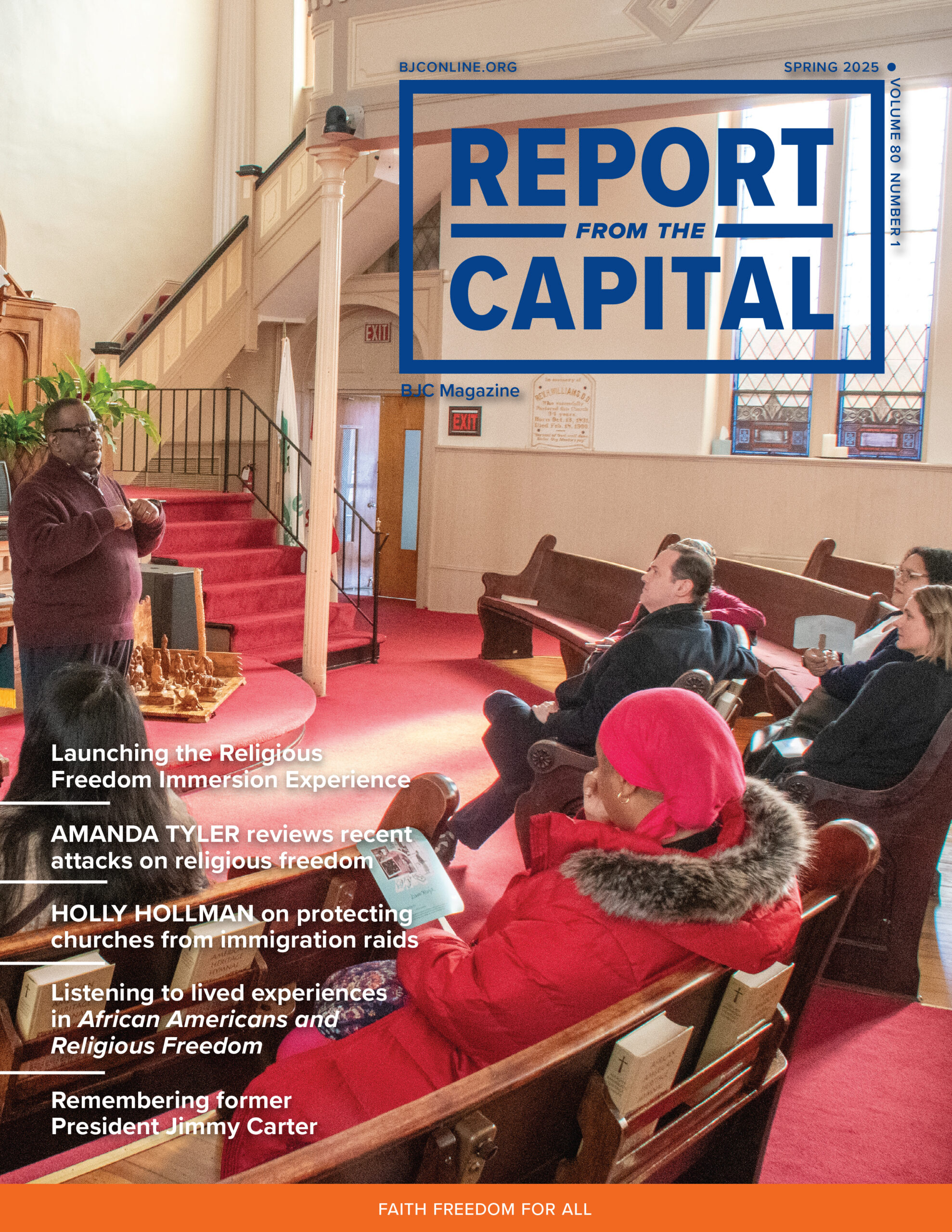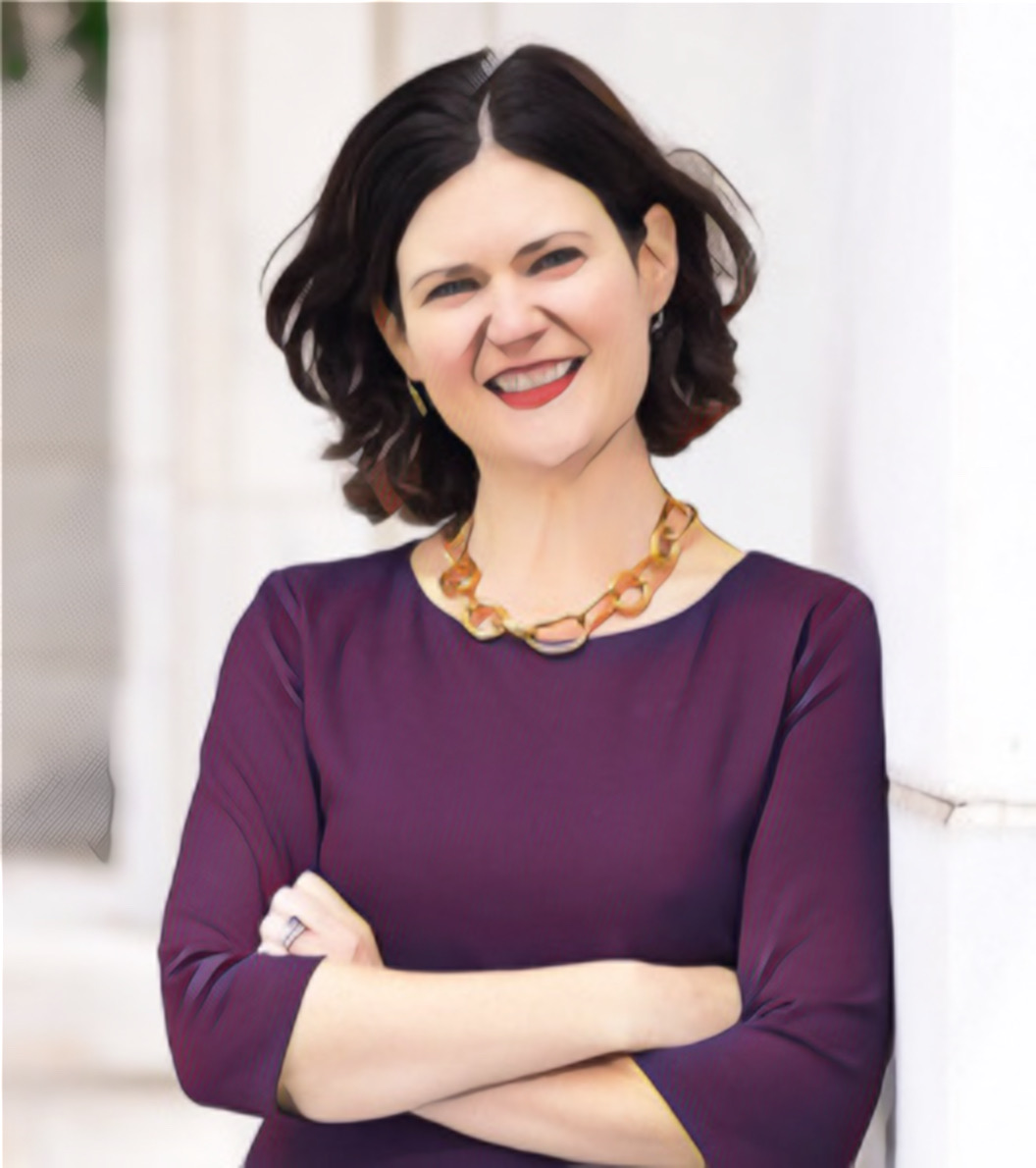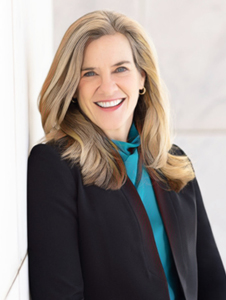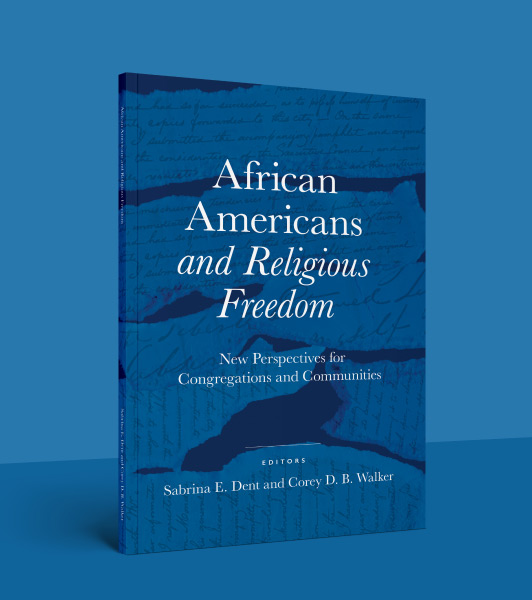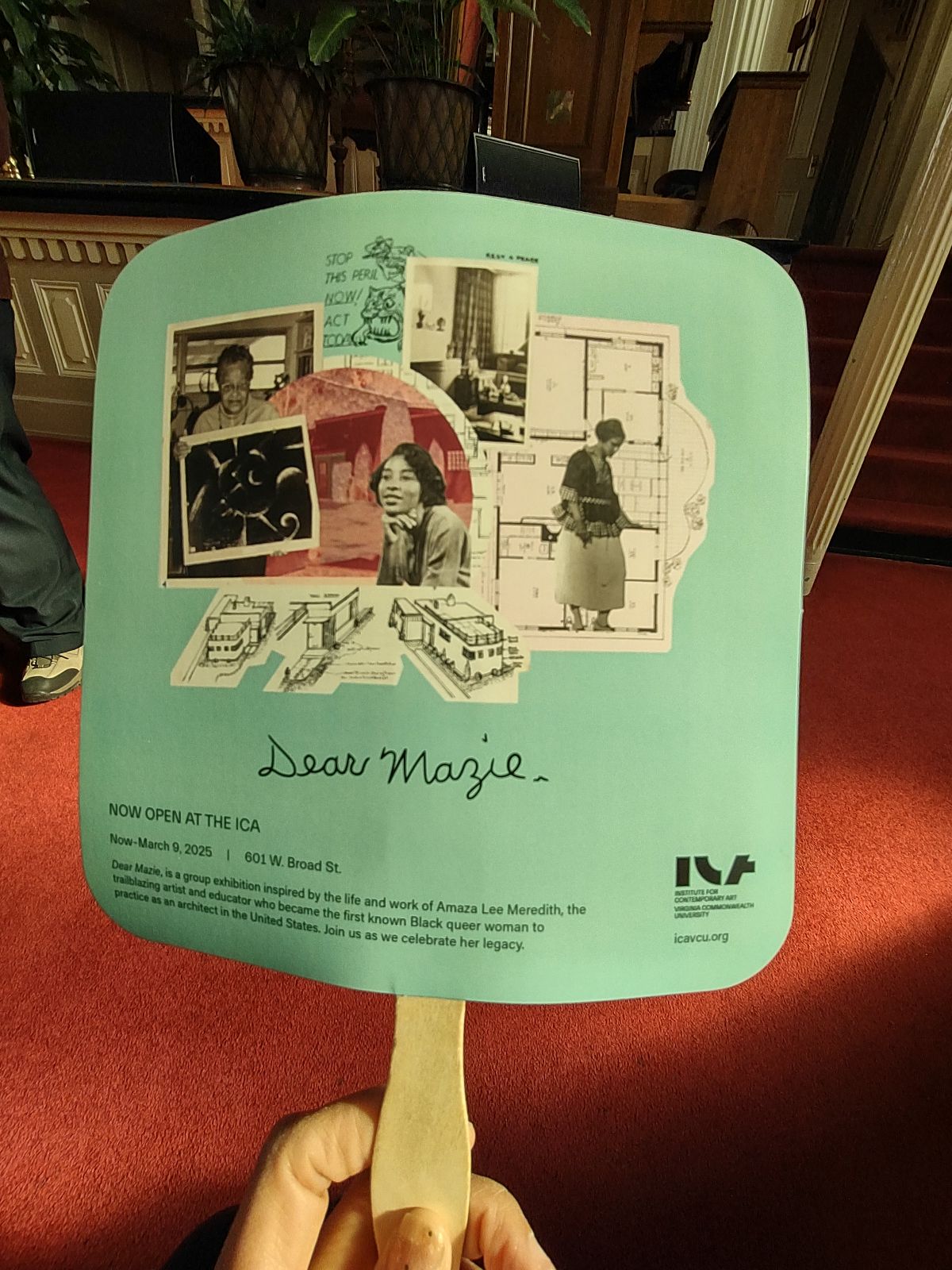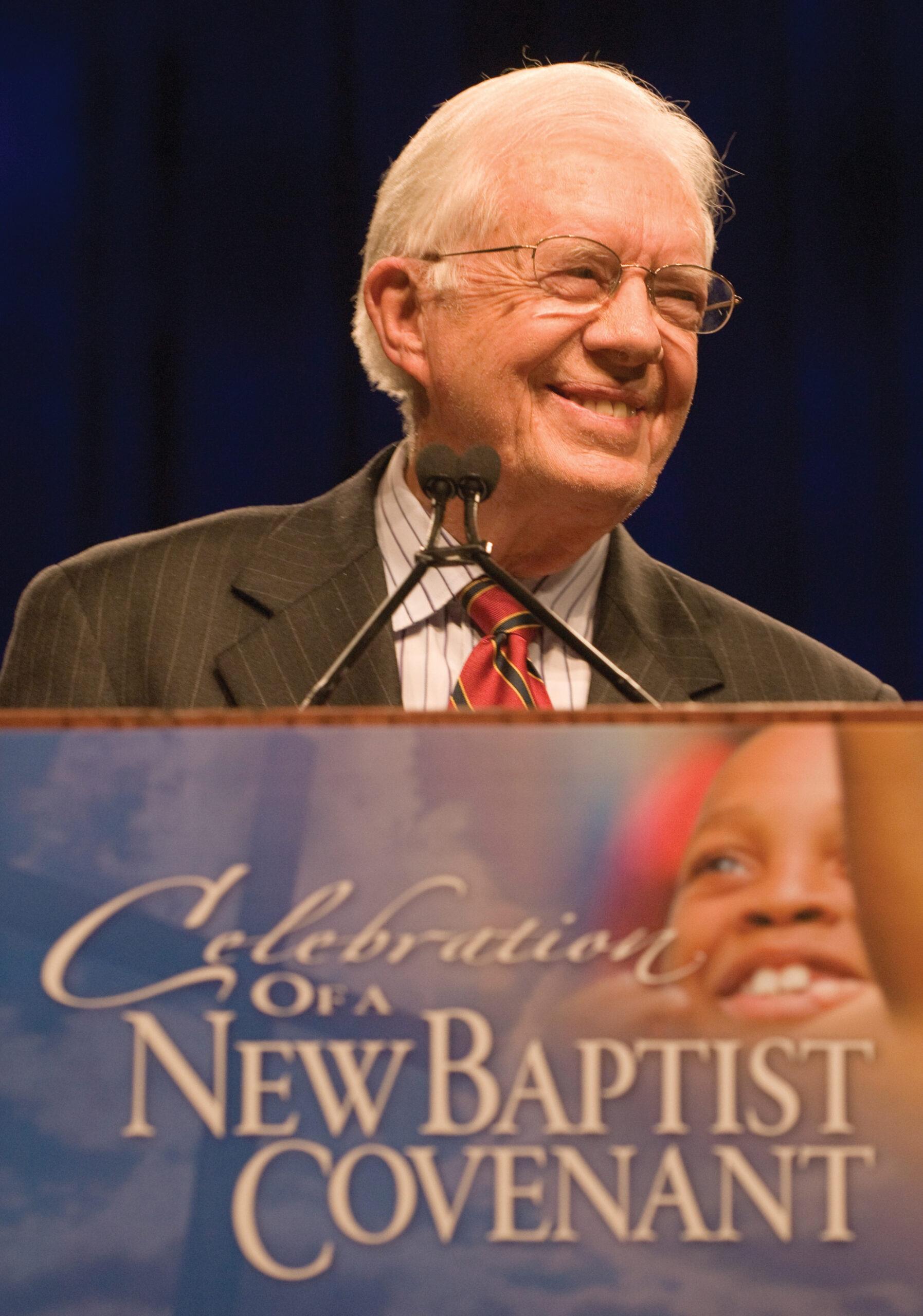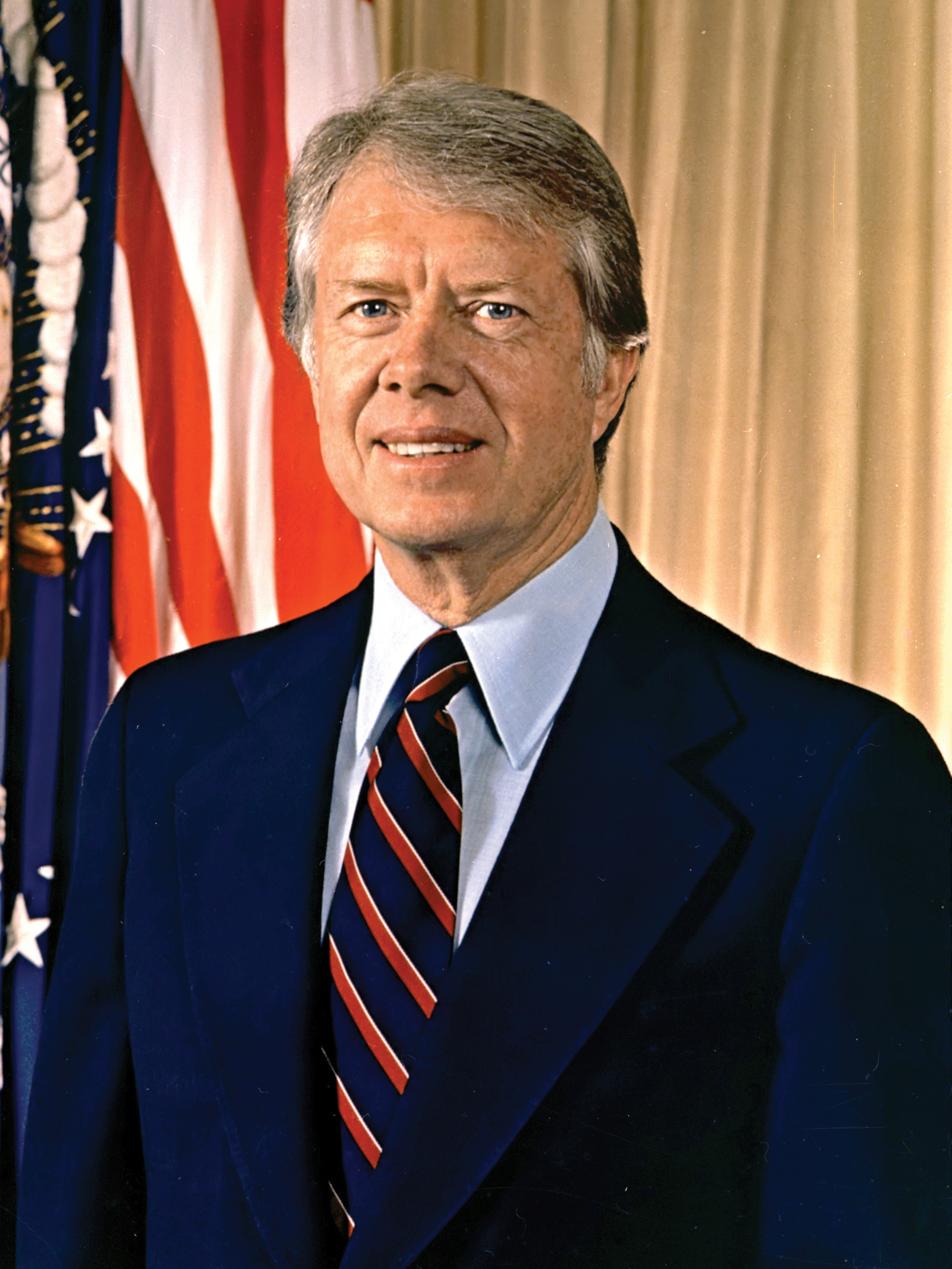MEDIA CENTER
Report from the Capital
In this edition of the magazine, Amanda Tyler shares about concerning attacks on religious freedom from the Trump administration, Holly Hollman explores current efforts to defend churches and other sensitive locations from government intrusion, Joy Pettigrew shows how local groups are combating Christian nationalism, Dr. Sabrina Dent recaps the inaugural Religious Freedom Immersion Experience, the Rev. Starlette Thomas discusses the new edition of African Americans and Religious Freedom, Brent Walker and the Rev. Dr. Stan Hastey share memories of former President Jimmy Carter, and much more.
Attacks on religious freedom
Amanda Tyler warns about the invocation of “religious freedom” by an administration that has already shown that it will move to marginalize people and organizations — including Christians — that are critical of its policies. Read her column.
Defending churches and other sensitive locations from government intrusion
Holly Hollman notes how exercising religious freedom requires using the courts and Congress to stop government action that would undermine it, such as a recent change in immigration policy that threatens churches. Read her column.
‘African Americans and Religious Freedom’ aims to get readers on same page concerning democracy
The Rev. Starlette Thomas writes about an event re-launching African Americans and Religious Freedom: New Perspectives for Congregations and Communities and the need for these conversations.
Creating change through local groups
Joy Pettigrew shares how BJC is working to empower local groups across the country as we expand the ways we are countering Christian nationalism.
Immersing ourselves in religious freedom
Dr. Sabrina E. Dent recaps the inaugural Religious Freedom Immersion Experience, a program that expands the narrative and elevates key perspectives.
Finding the missing cups at Polegreen
Natalie Johnson-Abbott shares an important lesson from the Religious Freedom Immersion Experience. “The fight for religious freedom is not a silent fight — it requires standing tall in spaces that seem intent to shrink you. It requires being the loud one in spaces where your silence is expected.”
Remembering President Jimmy Carter
J. Brent Walker shares interactions between former President Jimmy Carter and BJC over the decades and why he often says he’s “A Jimmy Carter kind of Baptist.”
Carter: Magnanimous in defeat, hopeful for future
The Rev. Dr. Stan Hastey reflects on a post-presidency interview in 1981 with Jimmy Carter at his church in Plains, Ga.

